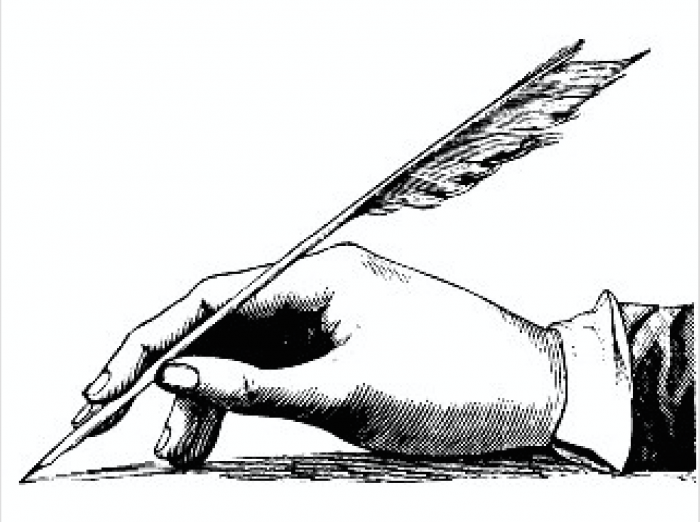
Dearest Reader,
Once more do we find ourselves on the other side of a semester; the last hill taken, and a few blurry weeks of eggnog, weight gain, and the pestering of a dozen blearily-remembered relatives stand between us and our return to the trenches. At the time of writing, I myself am not quite yet extricated from the front lines of educational warfare. And so, with stacks of questionably-useful notes on all sides and social media temporarily inactive against temptation, I find myself pausing to think and to write on the nature of the stresses of university life, if only to procrastinate even further. It seems to me that I have not, however, worked nearly hard enough to be worthy of laudation.
For everywhere I go on campus, I come across the boasts of those who have laboured longer hours, survived on a lower salary, and consumed more coffee than I. One hears them sizing each other up from every café and library corner: “I’m on four hours of sleep and I have two exams and 4 000 words to write before the end of today,” declares one. “Not bad,” replies her friend. “I just pulled two all-nighters in a row and am only still alive because my blood has been alchemically transmuted into pure caffeine.” They laugh, then their laughter turns to tears, and I, overhearing them, am left ashamed at my own incompetence. Alas, to have slept a full eight hours while in the company of such a roll of heroes! Being then as I lack the stamina and fortitude to compete in the sport of Extreme Exam Periods, I have resolved, unqualified though I am, to compile something of an outline of rules and regulations for such events.
To begin, it seems that to be considered for Extreme Studying, one must at maximum be operating on six hours of sleep, though those who have become temporarily nocturnal may also be eligible. Once a study or deadline period has been agreed upon by all participants, one point may be awarded for the consumption of each coffee beverage, added espresso shot, energy drink, or line of suspicious white powder. A further point is then to be awarded for each 500 words composed (two points if citation is required!) and five points per exam. A further point is awarded for each crying session; six for a full mental breakdown. Talking about one’s feelings in a healthy manner with a friend or counsellor, consuming food other than the agreed-upon instant ramen and energy bar staples, or drinking water all naturally incur two-point penalties. The victor is either the participant who acquires the most points or the first to be diagnosed with a serious mental health issue after an agreed-upon period following the exam period.
At this point, I anticipate an entirely reasonable complaint on the part of the reader. Rest assured, the activities of the soon-to-be-formed Extreme Studying Sports League (ESSL) will be kept secret from UVic faculty, whom I can only assume rarely make it to the back page of this publication in any case. If they do, however, I cannot imagine our practice will be spoiled, for UVic has wisely kept its budget for student mental health concerns down to a safe and economical level. As we all know, an hour-long counsellor’s session per month is quite sufficient for the typical struggling undergrad, for if it were not, I can only assume the counselling office would hire more personnel. But this is a most petty digression.
Like yourself, Dearest Reader, I look forward to the enrichment of the upcoming semester by my above recommended formalization of a time-honoured practice. As it is already our prerogative as students to make sport of our failing health and collapsing sanity together — it seems only reasonable that we should enshrine this tradition in our lives more fully. Healthy habits are after all exceedingly difficult to maintain in university, and so I see no virtue in trying. What else might we do? Should we instead hold accountable both ourselves and a culture of pride in agony and silent suffering? Madness. Now if you will excuse me, I have coffee and cigarettes to purchase.







